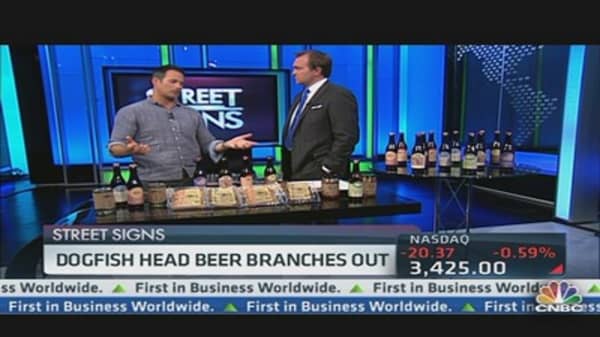In addition, residual refuse, such as cafeteria waste and floor sweepings, is sent to a waste-to-energy facility and used as an alternative fuel source to generate electricity.
In all, more than 135 tons of waste per month have been eliminated from the Golden facility. MillerCoors announced Monday it moved to landfill-free status. The facility is the fifth of MillerCoors' eight breweries in the U.S. to gain landfill-free status.
It's no small feat, as the brewery is 9 million square feet and features a production capacity of 22 million barrels of beer per year. But while the beer flows, there's no waste created.
The landfill-free initiative started from the ground up, or more accurately, from the shop floor up. The movement was spearheaded by longtime MillerCoors shop floor technician Kelly Harris, who works at the Trenton, Ohio, brewery.
"Back in 2008, the company set a goal to reduce landfill by 15 percent over five years, and I thought, you know I think we can do a little better," said Harris. "When I set a goal for myself, I'm a very competitive person."
Doing "a little bit better" meant developing and implementing a waste-reduction business plan that in 2010 led the Trenton brewery to become the company's first landfill-free facility, and the world's first zero-waste mega brewery.






